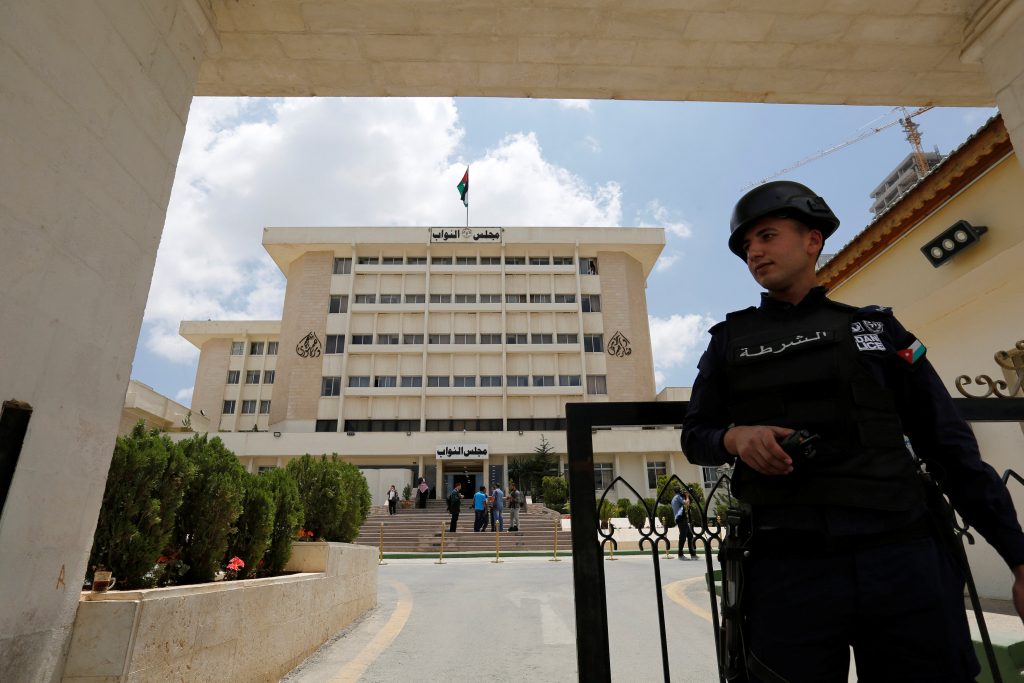Amman- Over four million Jordanian nationals on Tuesday head to polling stations to elect their mayors and members of municipal and governorate councils.
Some 1,239 candidates are competing for governorate councils “decentralization” seats that total 380. These include 335 elected seats including 32 for women’s quota while 45 will be appointed. A total of 1,123 men and 116 women registered to run for governorate council membership across the Kingdom, said the state-run news agency, Petra.
For Greater Amman Municipality (GAM) council’s membership, some 145 candidates will be competing in the elections, 9 percent of whom are women and 91 are men.
Jordan is divided into 100 municipalities in addition to the Greater Amman Municipality. The municipalities are of two types: 18 municipalities that have no local councils with 1,188 seats, including 333 for women’s quota.
The number of candidates running for municipal and local councils stands at 4,700 including 1,061 women and 3,639 men. The number of candidates running for mayorship stood at 538, 5 seats of which are allocated for women.
Voting for only the governorate council will be in both Petra Development and Tourism Region Authority (PDTRA) and the Aqaba Special Economic Zone Authority (ASEZA).
Candidates in 22 local councils have won seats by acclamation across the country. In addition, 68 women have won local council seats uncontested, as they were the sole candidates in their constituencies for local councils that include a seat for women as part of a quota system. Two local councils did not see female contenders, where in this case, municipality minister assigns women with the required qualifications to these seats.
The number of polling rooms stands at 4,062 in 1,440 polling centers, including 18 gyms assigned for voting. Each room is equipped with a surveillance camera and a computer with two screens -one for the staff and the other for observers.
Around 33,578 people will be involved in running the polls, including 573 election committees, 2,657 volunteers supported by 30,000 security personnel to help the voting process go smoothly. A total of 6,200 observes from 16 local and international bodies will monitor the elections that will also be covered by 1,550 journalists and media personnel from 80 media bodies.
The Independent Election Commission (IEC) has printed around 10 million ballot papers of some 650 different forms at specialized printing houses to ensure the papers have security marks. Names and pictures of candidates of governorate councils are shown in green ballot papers to be put in green ballot boxes.
Blue papers are allocated for mayors, whereby names and pictures of candidates are present and voters only have to select one candidate, while ballot papers for electing municipal and local council candidates do not contain names or pictures, but only places to the members.
